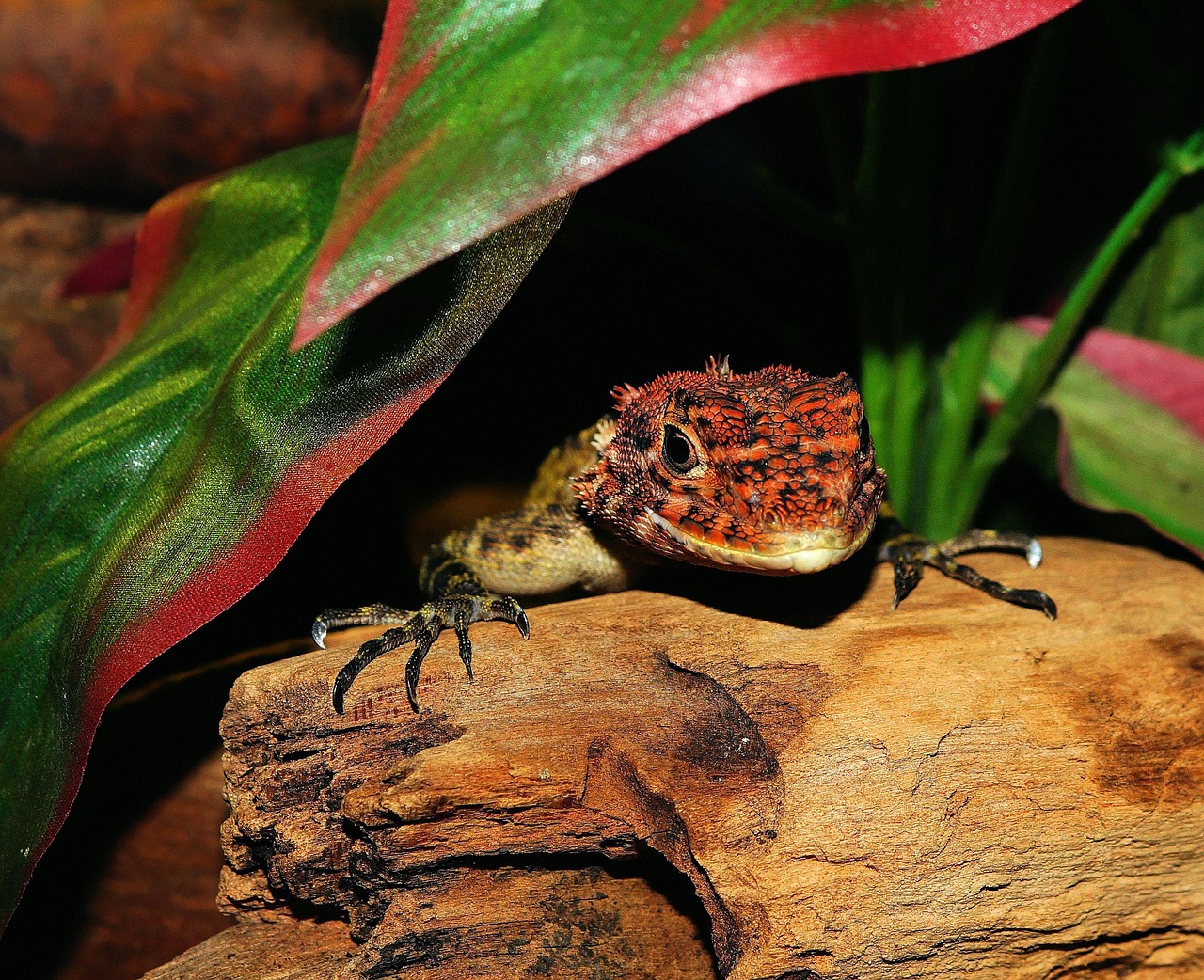Reptiles have secured their place as beloved exotic pets in households around the world. From docile bearded dragons to majestic ball pythons, these fascinating creatures offer companionship without the traditional demands of furry pets. However, their specialized care requirements are often underestimated, particularly when it comes to veterinary attention. Unlike mammals that may show obvious signs of illness, reptiles have evolved to hide symptoms as a survival mechanism in the wild. This evolutionary trait, while beneficial in nature, creates significant challenges for pet owners trying to monitor their reptile’s health. Regular veterinary checkups aren’t merely optional—they’re essential components of responsible reptile ownership that directly impact longevity, quality of life, and early detection of potentially life-threatening conditions.
The Deceptive Nature of Reptile Health

Reptiles are masters of disguise when it comes to displaying illness, a trait that served them well in the wild but creates significant challenges in captivity. By the time a reptile shows obvious symptoms of disease, the condition has often progressed to an advanced stage where treatment becomes difficult or ineffective. This biological adaptation stems from their evolutionary need to appear strong to avoid predation, as showing weakness in nature would quickly make them targets. Many owners mistakenly interpret their reptile’s stoic behavior as a sign of good health when underlying issues might be developing silently. Understanding this fundamental aspect of reptile biology underscores why regular professional assessment is critical—veterinarians trained in exotic animal medicine can detect subtle changes long before they’re visible to even the most attentive owners.
Preventative Care vs. Emergency Medicine
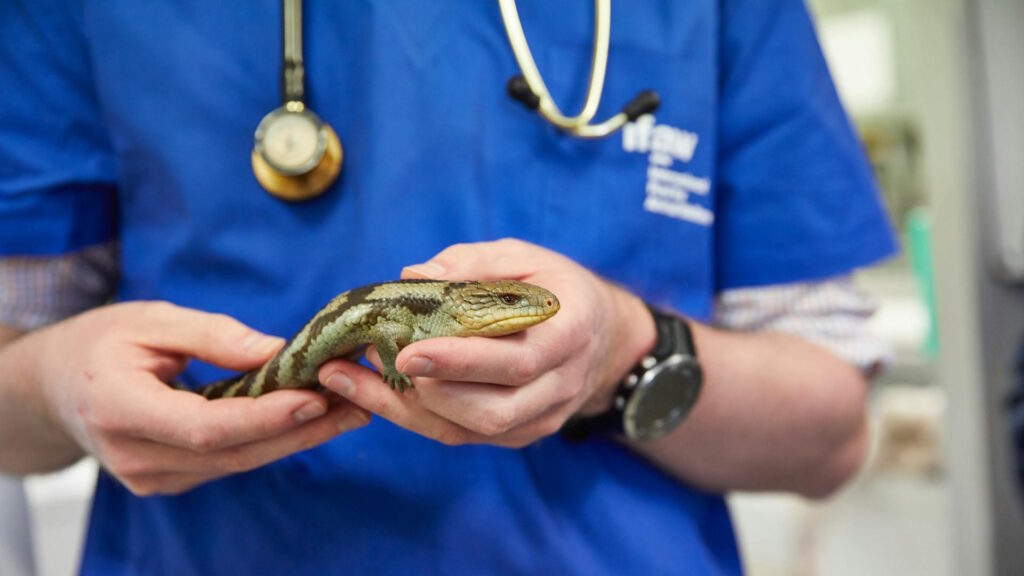
The financial and emotional costs of emergency reptile medicine far outweigh those of regular preventative care, creating a compelling case for routine checkups. When health issues in reptiles progress to crisis points, they typically require intensive interventions like surgery, extended hospitalization, specialized diagnostics, and aggressive medication protocols—all of which come with substantial bills and lower success rates. Preventative care, by contrast, focuses on detecting minor issues before they escalate, often requiring simple adjustments to husbandry, nutrition, or environmental parameters. Regular checkups also create a baseline of normal parameters for your specific animal, making it easier for veterinarians to identify concerning changes over time. The investment in preventative medicine typically yields returns in both extended lifespan and reduced lifetime veterinary expenses for reptile owners.
Species-Specific Health Concerns

Different reptile species face vastly different health challenges that require specialized knowledge to address properly. Bearded dragons, for instance, commonly develop metabolic bone disease from improper UVB exposure and dietary calcium imbalances, while aquatic turtles frequently struggle with shell rot and vitamin A deficiencies. Snake owners must vigilantly monitor for respiratory infections and inclusion body disease, whereas leopard geckos often face eyelid issues and impactions from inappropriate substrate. These highly specialized concerns mean that general pet care knowledge rarely suffices for maintaining optimal reptile health. Regular visits to a veterinarian with reptile expertise ensures that species-specific risks are properly evaluated and addressed before they develop into serious medical conditions, with protocols tailored to your particular pet’s needs rather than generalized care approaches.
Identifying Proper Husbandry Issues
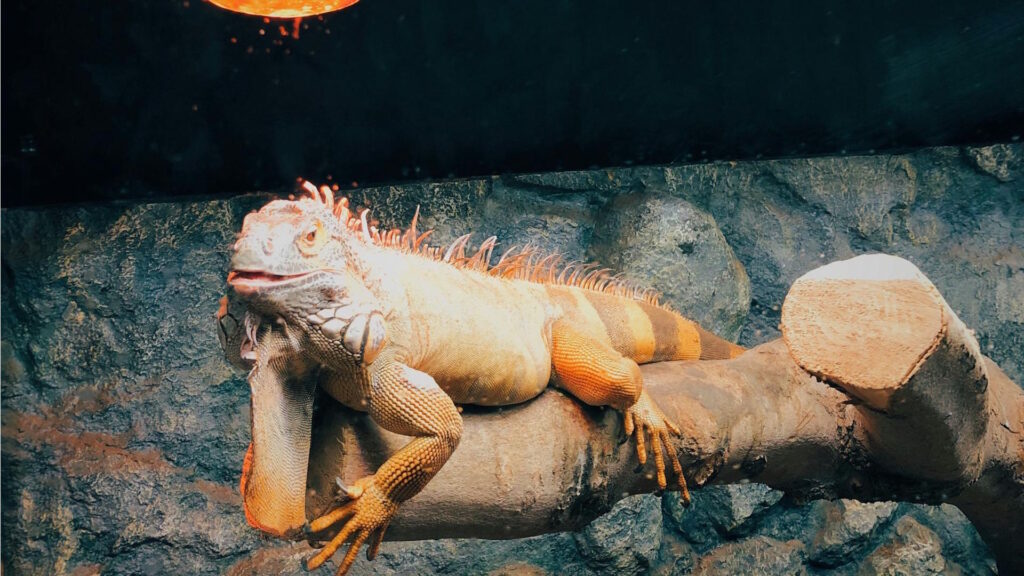
Suboptimal husbandry conditions represent the primary cause of illness in captive reptiles, making professional evaluation of your setup an invaluable component of veterinary visits. During checkups, experienced exotic veterinarians can identify problematic aspects of temperature gradients, humidity levels, UVB exposure, enclosure size, substrate choices, and hiding spaces that might otherwise go unnoticed. Many owners inadvertently create environments that slowly compromise their reptile’s health through incomplete research or conflicting information sources. Beyond examining the animal itself, veterinarians can review detailed aspects of care routines, including specific heating equipment, light cycles, water quality parameters, and nutritional offerings to ensure they align with current best practices. This holistic approach addresses the root causes of health problems rather than merely treating symptoms after they appear.
Baseline Health Documentation
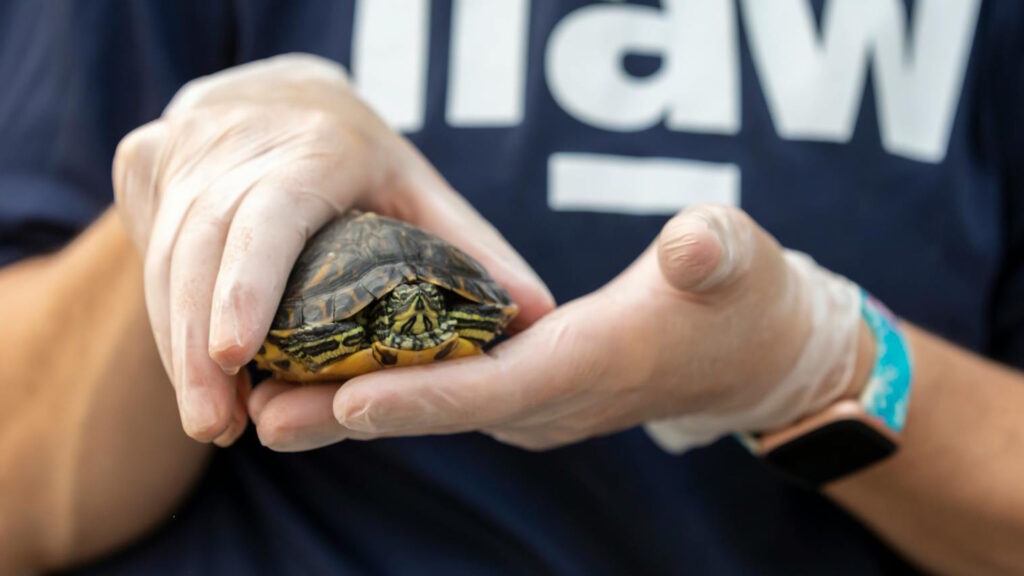
Establishing comprehensive baseline health parameters through regular veterinary visits creates a valuable reference point for monitoring your reptile’s condition throughout its life. During initial and subsequent examinations, veterinarians document weight, body condition scores, growth rates, and behavioral patterns specific to your individual animal. These records become increasingly valuable over time, allowing for meaningful comparisons that can reveal subtle trends before they develop into clinical problems. For many reptile species that can live decades in proper care, this longitudinal health data proves invaluable for early intervention as they age. Digital record-keeping by veterinary practices ensures this information remains accessible even years later, providing context for future health evaluations that would otherwise be impossible to establish accurately.
Parasite Prevention and Treatment
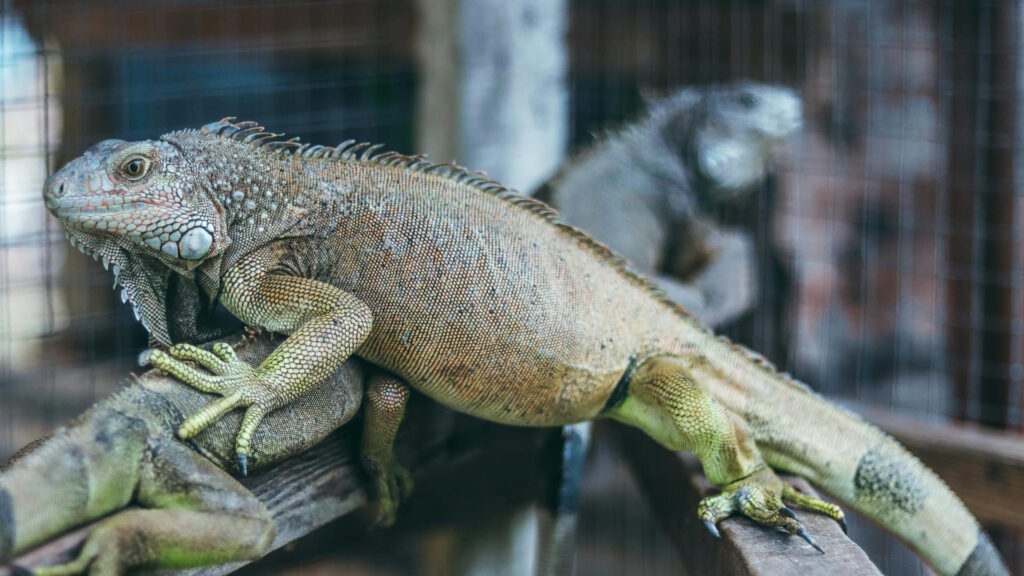
Internal and external parasites represent a significant and common threat to captive reptiles that requires regular veterinary screening to manage effectively. Even reptiles showing no obvious symptoms may harbor substantial parasite loads that gradually deplete their nutritional reserves and compromise immune function over time. Veterinarians can perform fecal examinations, skin scrapings, and blood tests to identify parasitic infestations before they cause visible illness or weight loss. Many parasites, such as cryptosporidium, can remain dormant in apparently healthy animals before causing sudden severe symptoms during times of stress or compromised immunity. Regular testing also helps prevent the establishment of parasite resistance that can develop when treatments are administered incorrectly or inconsistently without professional guidance.
Nutritional Assessment and Guidance
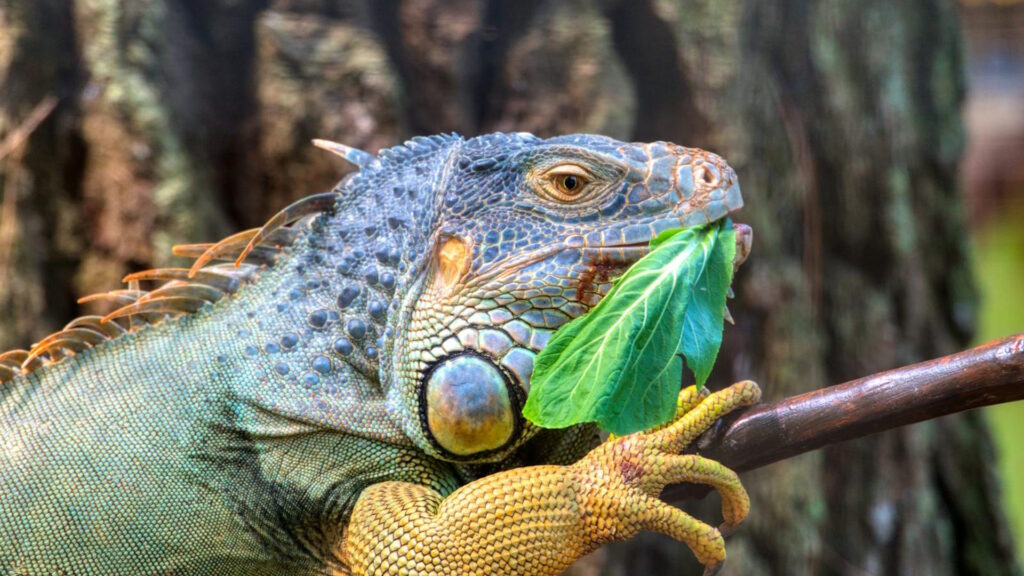
Dietary requirements for reptiles vary dramatically between species and life stages, making professional nutritional assessment a crucial component of veterinary care. During checkups, veterinarians evaluate body condition, muscle tone, and fat deposits to determine if your feeding regimen provides appropriate nutrition without excess or deficiency. Many well-intentioned owners inadvertently create imbalanced diets through overfeeding of certain foods or failure to provide necessary supplements at correct intervals. Veterinarians can provide detailed feeding protocols specific to your reptile’s species, age, reproductive status, and individual health needs, along with guidance on appropriate supplementation. This personalized nutritional guidance proves especially valuable during growth phases, breeding seasons, or when managing specific health conditions that require dietary modifications.
Early Disease Detection
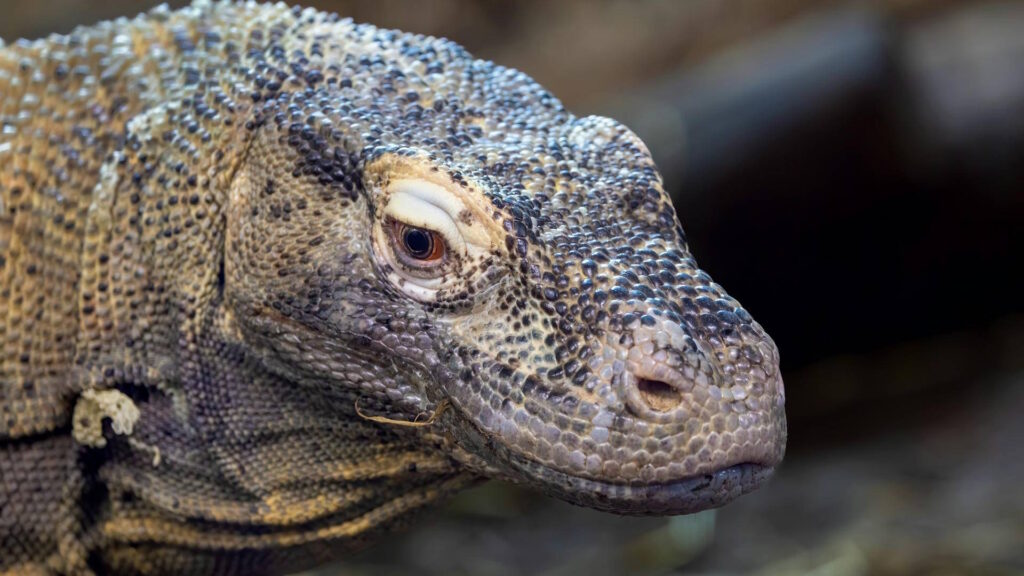
The early detection capabilities of regular veterinary examinations dramatically improve treatment outcomes for reptiles facing health challenges. Through careful physical examination, veterinarians can identify subtle abnormalities in scales, skin, eyes, mouth, and musculoskeletal structure that indicate developing problems. Advanced diagnostic techniques like blood chemistry panels, radiographs, and ultrasound can reveal internal issues before they manifest externally, allowing for intervention at the most responsive stages. Many conditions that prove fatal in reptiles, such as reproductive disorders, kidney disease, and liver dysfunction, present few obvious symptoms until they reach advanced stages where treatment options become limited. By establishing regular examination schedules, owners significantly increase the likelihood that health issues will be identified when they remain most treatable, directly extending their pet’s lifespan.
Seasonal Health Transitions
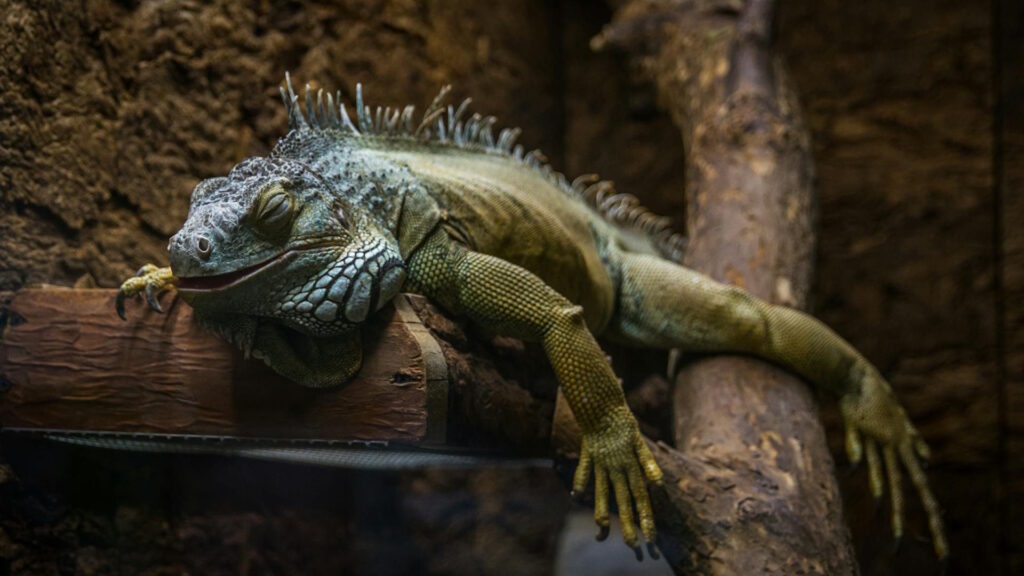
Many reptiles experience natural seasonal variations in behavior, appetite, and metabolism that benefit from professional monitoring to distinguish normal patterns from concerning changes. Brumation periods (the reptile equivalent of hibernation) represent particularly critical times when appropriate veterinary guidance ensures your animal enters this state in optimal health. Before allowing brumation, veterinarians can confirm adequate weight reserves, absence of parasites, and proper organ function to prevent complications during this vulnerable period. Similarly, breeding seasons introduce unique health demands as females require careful nutritional support during egg development, while males may experience stress and weight loss from reproductive behaviors. Regular veterinary assessment through these transitional periods helps maintain health during times when reptiles face their greatest physiological challenges.
Specialized Diagnostic Capabilities

Exotic animal veterinarians possess specialized diagnostic equipment and expertise that far exceeds what’s available to even the most dedicated reptile enthusiasts at home. Advanced imaging techniques like digital radiography allow for detailed bone density assessment and soft tissue evaluation without the stress of lengthy procedures. Blood chemistry analysis provides critical information about organ function, electrolyte balance, and inflammatory markers that cannot be detected through observation alone. Endoscopic examination enables visual assessment of internal structures with minimal invasiveness, while microbiology capabilities allow for precise identification of bacterial, fungal, or viral pathogens affecting your reptile. These sophisticated diagnostic tools, when employed during routine checkups, can identify subclinical issues before they progress to the point of causing visible symptoms or irreversible damage.
Building an Effective Medical History
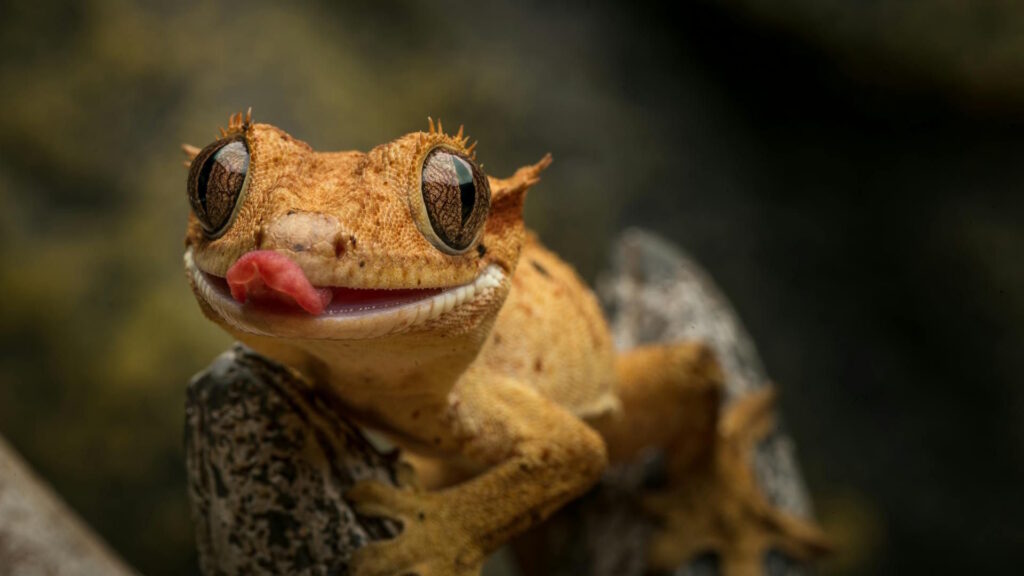
Consistent veterinary care creates a comprehensive medical history that becomes increasingly valuable throughout your reptile’s lifetime. Each examination adds another data point to this evolving health record, creating context that helps veterinarians distinguish between chronic conditions and acute emergencies. This documentation proves particularly valuable when ownership changes or when consulting with specialists for complex cases, as it provides objective information about the animal’s historical health patterns. Many reptile species can live for decades when properly cared for, making this long-term medical documentation essential for appropriate geriatric care as they age. The cumulative knowledge contained in a thorough medical history often proves invaluable during critical health decisions, providing guidance that would otherwise be unavailable without consistent veterinary involvement.
Establishing Appropriate Examination Frequency

The optimal frequency for reptile veterinary visits varies based on species, age, and individual health status, requiring personalized schedules rather than one-size-fits-all recommendations. Generally, healthy adult reptiles benefit from annual examinations, while juveniles experiencing rapid growth should be seen semi-annually to monitor development and adjust care protocols. Animals with chronic health conditions or those recovering from illness may require quarterly visits to ensure proper management and medication adjustment. Newly acquired reptiles should receive a thorough initial examination regardless of the source, as even reputable breeders may miss subtle health issues that veterinarians are trained to detect. Your veterinarian can help establish an appropriate examination schedule based on your specific reptile’s needs, ensuring sufficient monitoring without unnecessary stress or financial burden.
Finding Qualified Reptile Veterinarians

Locating a veterinarian with genuine reptile expertise represents a crucial first step in establishing effective healthcare for your scaly companion. Not all veterinarians receive extensive training in reptile medicine, making it important to seek practitioners who have pursued additional specialized education in herpetological veterinary care. Resources like the Association of Reptilian and Amphibian Veterinarians (ARAV) provide directories of qualified professionals who maintain current knowledge of best practices in reptile medicine. When evaluating potential veterinarians, inquire about their specific experience with your reptile species, the diagnostic equipment available at their practice, and their approach to preventative care protocols. Establishing this relationship before emergencies occur ensures your reptile receives appropriate care from a knowledgeable professional who understands their unique physiological needs.
Conclusion
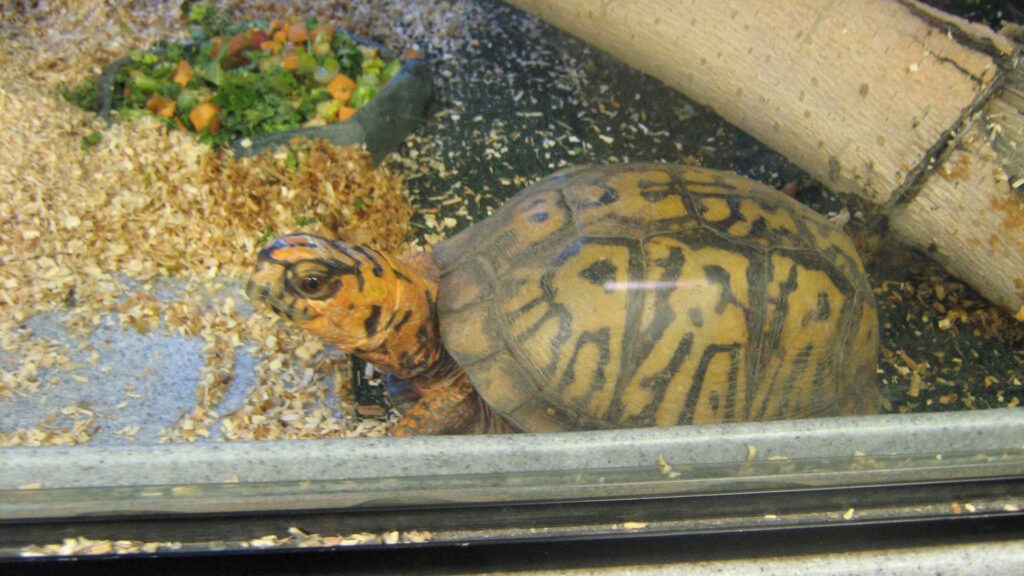
Regular veterinary care represents one of the most significant factors influencing reptile longevity and quality of life in captivity. By partnering with knowledgeable exotic animal veterinarians, reptile owners gain access to specialized expertise that addresses the unique physiological needs of these fascinating creatures. The investment in routine examinations pays dividends through early disease detection, optimal husbandry guidance, and comprehensive health monitoring that significantly extends lifespan. As reptile medicine continues to advance, regular veterinary involvement ensures your pet benefits from the latest developments in care protocols, diagnostic capabilities, and treatment options. By committing to consistent professional oversight, reptile enthusiasts not only fulfill their ethical responsibility to provide appropriate care but also maximize the rewarding years they’ll share with their extraordinary companions.


